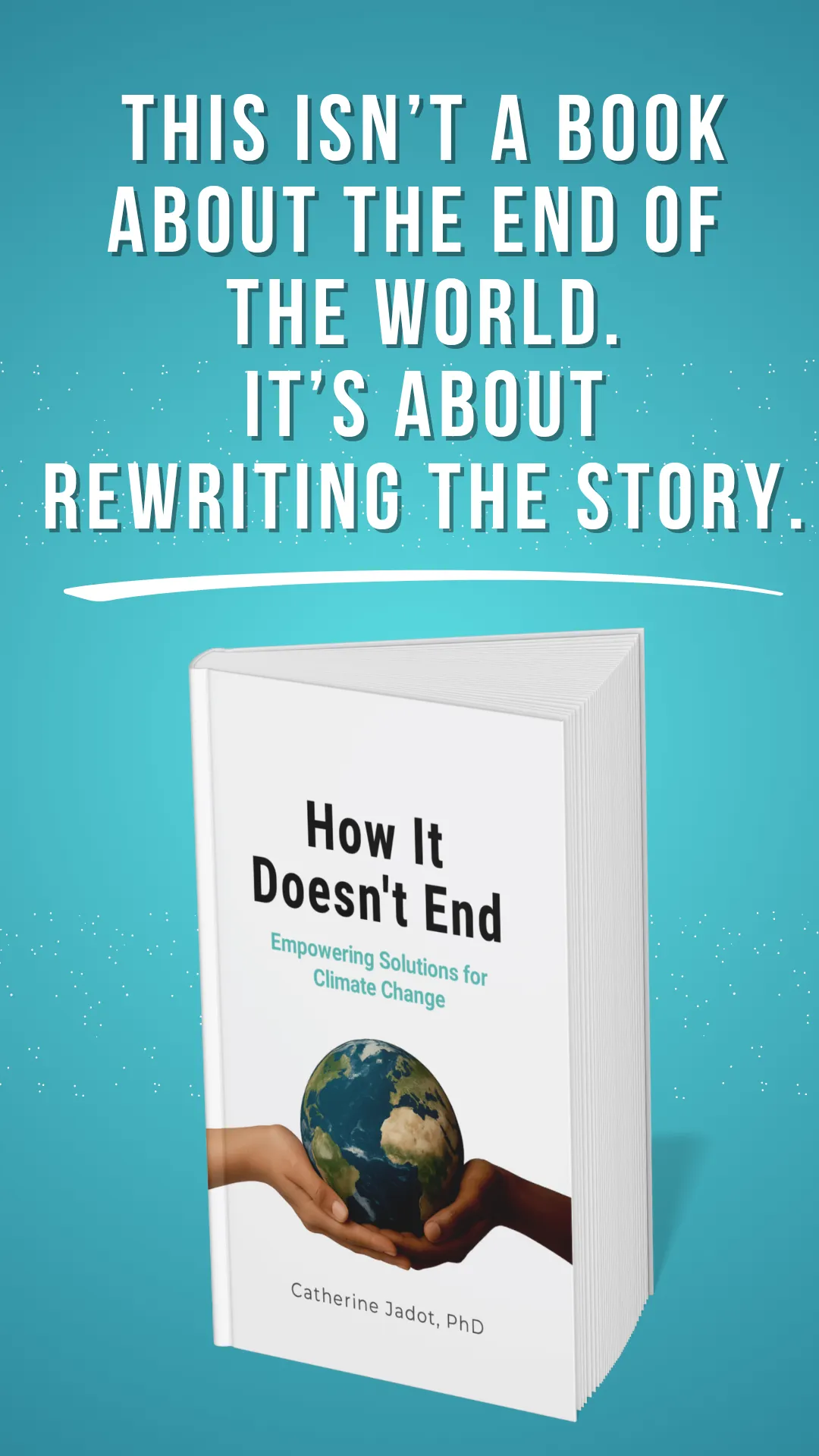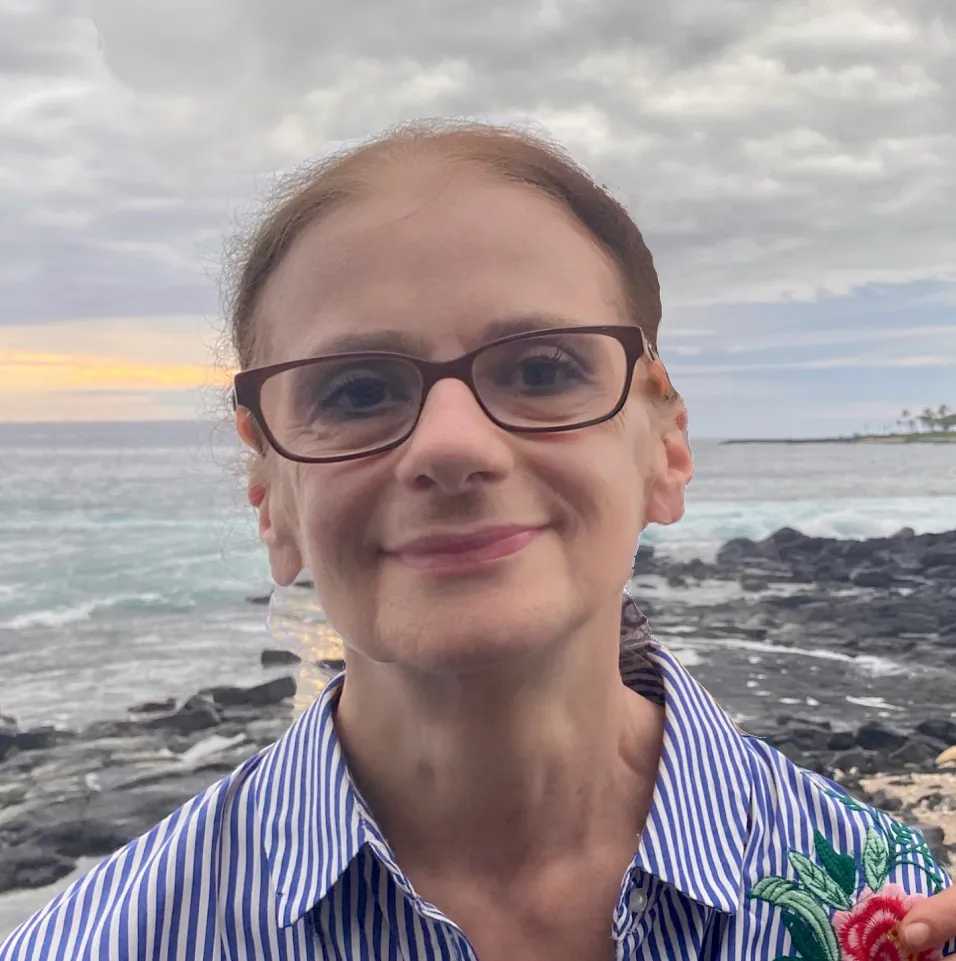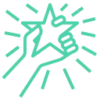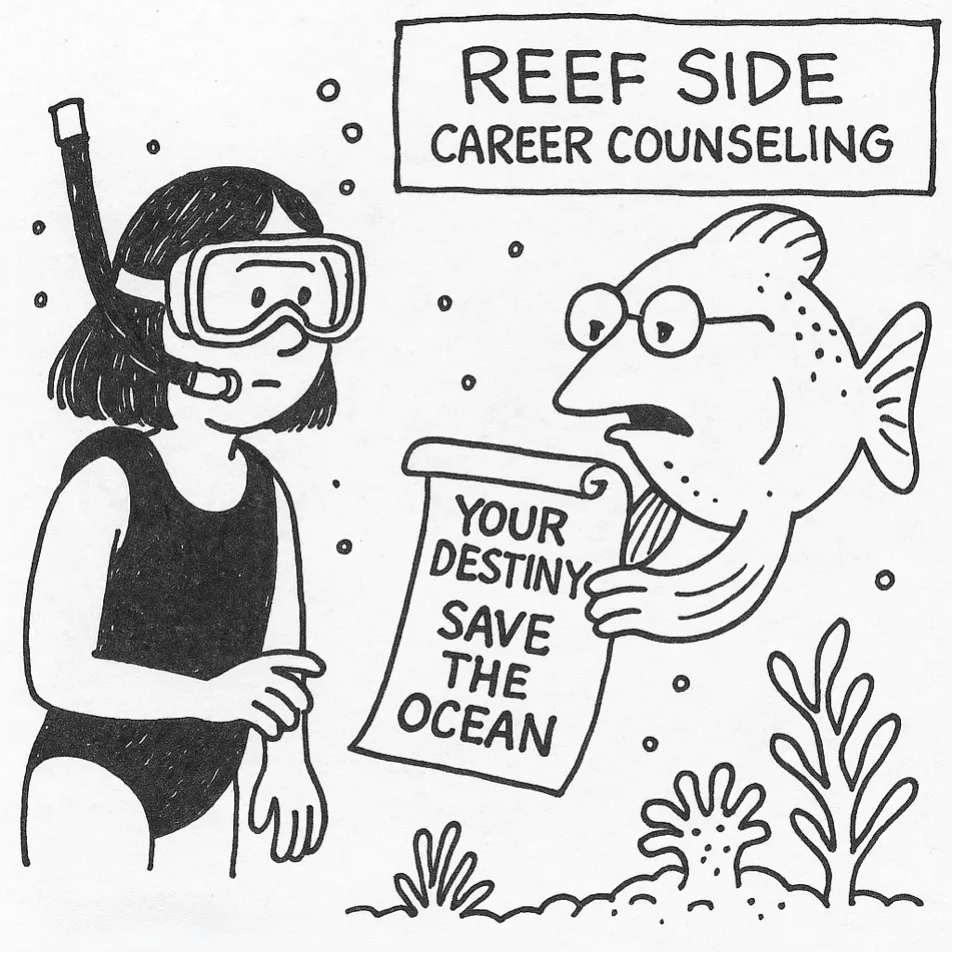

"How It Doesn’t End is a realistic take of the perils of climate action and gives a snapshot of the cost of inaction to human society. Relatable in every way, Catherine blends undeniable science, storytelling, and personal experience to paint a picture to her readers oh how urgent the climatr crisis is. Amidst it all, she also shows how we can all be part of the solution—without burning out or giving up.”
Nnyeka R. Prescod, Portfolio Manager, RMI
"Finally, a climate book that doesn't just inform — it empowers.
Dr. Jadot has given us the clarity, courage, and optimism we desperately need."
Vinciane Delannoy, Climate Activist

You’ve heard the warnings. You’ve felt the overwhelm.
You’ve wondered if it’s too late. This book is here to tell you: it’s not.
You’ve heard the warnings.
You’ve felt the overwhelm.
You’ve wondered if it’s too late.
This book is here to tell you: it’s not.
What you will learn with this book
What you will learn with this book

Inspiring Hopeand Resilience
Be inspired by stories of hope and resilience, understanding that despite the enormity of climate change, individual and collective actions can lead to meaningful change.

NavigatingEco-Anxiety
Learn strategies to cope with eco-anxiety, turning overwhelming concern for the planet into positive, impactful environmental activism.

Continuous Growth and Fulfillment
Uncover the strategies used by climate change skeptics and industries to delay environmental action, learning how to critically assess and counteract misinformation to advocate for a healthier planet.

Empowering Personal Action
Discover how individual choices and actions can significantly impact the environment, offering practical steps to live more sustainably and reduce your carbon footprint.

Climate Change Insights
Gain a deeper understanding of the science behind climate change, exploring its effects on our planet and the urgency of implementing solutions.

Collective Empowerment
Explore the power of community and collective action in addressing environmental challenges, highlighting successful movements and how to get involved.

Embark on an empowering journey with “How It Doesn’t End,” a visionary book by Catherine Jadot, PhD that intertwines the fight against climate change with personal growth and empowerment.
Drawing inspiration from real-world experiences like a poignant encounter with a melting glacier in Greenland or a reef destroyed by bomb fishing in Borneo, the author crafts a compelling manifesto for those grappling with eco-anxiety. Jadot emphasizes the importance of changing the narrative around climate change, moving from doom and gloom to a narrative filled with hope, actionable steps, and collective empowerment.
Through a unique mix of storytelling, scientific insight, and a call to shift our conversation about climate change, Jadot offers a hopeful perspective on navigating our personal and collective roles in facing environmental challenges. “How It Doesn’t End” isn’t just a book, it a guide for those feeling overwhelmed by environmental crises, offering a path to personal and planetary healing.
Learn how to transform fear into action, and pre-order your copy today to become part of a movement dedicated to creating a sustainable and resilient future for all.
About the Author
Catherine Jadot is not just an author but a fervent advocate for the oceans and our planet. Born and raised in Brussels, Belgium, her passion for the sea ignited at the tender age of eight, leading her on a lifelong journey of exploration and conservation. Dr. Jadot has explored some of the world’s most mesmerizing underwater locales, from Egypt to Madagascar and Bora Bora. Her profound connection with the ocean guided her career path toward marine biology, culminating in a Ph.D. that would allow her to study coral reefs and their ecosystems up close.
Catherine’s experiences, both awe-inspiring and heart-wrenching, have fueled her commitment to environmental advocacy. Witnessing firsthand the destructive impact of human activities on nature, from coral bombing in Borneo to the sediment clouds in Dubai’s once-crystalline waters, Catherine felt a deep sense of urgency to act. This resolve led her to join one of the most significant protests in history against climate change in 2019, marking a pivotal moment in her journey from observer to activist. Through her book “How It Doesn’t End: Empowering Solutions to Climate Change,”
Catherine aims to share not just the challenges but the hopeful and actionable paths forward in the fight against climate change. Her narrative weaves personal stories with scientific insight, offering readers a unique perspective on the interconnectedness of our health, our environment, and our societies. It’s a call to action, urging us to transform our anxiety into meaningful change and to see ourselves as an integral part of the solution.
Copyright 2026. ES Caribbean. All Rights Reserved.
Need a website or funnel? Email [email protected]



LinkedIn
X
Instagram
Youtube